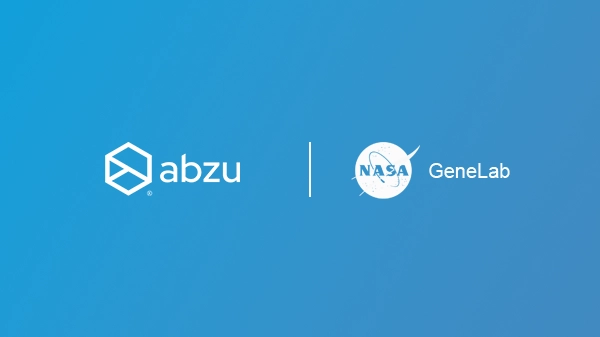This undisclosed top-10 pharmaceutical company was eager to enhance their strategic position in RNA therapeutics by accelerating their R&D timelines for designing safe ASOs.
Abzu bridges the gap between scientists and data scientists.
Your partner for precise and exceptional results — and safe ASOs.
We supported a single Bioinformatician from a small bioinformatics department and Biologists and Chemists operating in a wet lab at an undisclosed top-10 pharmaceutical company.
Abzu revealed the mechanisms behind drug activity and toxicity.
The drivers behind ASO activity and toxicity can differ in in vitro and in vivo.
In silico models can quickly generate and test hypotheses about how drugs interact with their targets. But only if there is an understanding of the “why” behind safe ASO activity.
Knowing what drives drug properties in conjunction with accurate drug activity predictions are clear advantages to improving drug candidate hit rate.
Abzu is your partner in ASO design.
A cycle of innovation and optimization — to realization.
Whether we start with designs or your data, Abzu provides you the insights and confidence to accelerate your R&D and transform RNA Tx concepts into market-ready drugs.

Less data, more discovery.
Make the most out of every piece of information.
Contrary to the data-heavy demands of black-box AI, our technology thrives on minimal data. This efficiency not only accelerates the discovery process, but also reduces your barrier to entry to develop new, innovative drugs.











